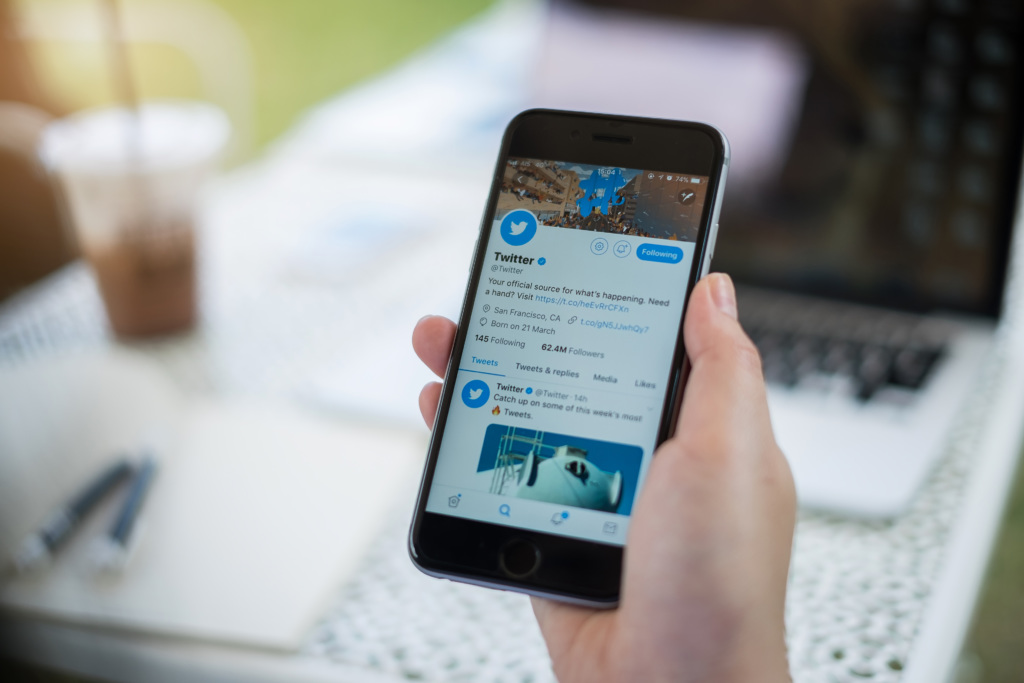

Columns/Blogs
Culture
Managing/Leadership
Working Remotely
Musk seems to have forgotten the golden HR rule of acquisitions in his Twitter debacle
November 11, 2022
By
Todd Humber
 Photo: itchaznong - stock.adobe.com
Photo: itchaznong - stock.adobe.com One thing that always seems to get lost in the boardroom debate over working remotely is one simple fact: Your most talented employees are also the ones with the most options.
If you order them back to the office, and they don’t want to come, they will leave. And these high performers will be gone in the blink of an eye, gobbled up quickly by competitors with progressive polices.
There have been some blunt statements from the C-suite about working from home, most recently this week when new Twitter CEO Elon Musk ordered all staff back to the office. And he did it with almost zero notice.
His email, the very first time he communicated directly with Twitter employees, was fired off Wednesday night. It ordered them to show up, in person, on Thursday morning. Not hard to imagine the pain that put many workers through, scrambling to make arrangements for things like daycare or what to do with pets.
‘Pretend to work somewhere else’
Musk is no fan of remote work. Earlier this year, he told Tesla employees to come back to the office or “pretend to work somewhere else.”
Which, objectively, is a great line.
But it doesn’t do wonders for employees who are craving flexibility or have decided that wasting hour after hour sitting in traffic every day or riding public transit isn’t the best use of their time.
‘Management by Hollywood squares’
Another great zinger came from Jamie Dimon, CEO of JP Morgan, who called remote work “management by Hollywood squares.” Which, also objectively, is pretty funny for anyone who has ever been on a Zoom call.
Dimon has a point. (Musk may as well, but it’s lost in his bravado.)
He’s concerned that remote work slows down decision-making. And he also scored a point with his thoughts on diversity: If you work from home full time, you’re missing out on the opportunity to meet and collaborate with new people.
“We say we want diversity. When you come (to work) it is a rainbow room. But if you live in certain parts of the country and go eat out there, it is all white. You’re losing opportunities to meet other people.”
Risk of losing employees real
Those are cogent arguments. But all of that can be accomplished in a hybrid model. I had the chance to chat this week with Mark Beal, an assistant professor at the Rutgers University School of Communication and Information in New Jersey. He’s also the author of three books on Generation-Z.
I asked him about Musk’s move, and the notion of forcing workers — especially younger workers — back to the office.
“Employers that force employees, not just Gen Zers but all employees, back to work five days a week, or even say four days a week and in some cases three days a week, they will lose those employees very quickly,” he said.
Young workers have proven to themselves, either through remote learning on campus or in their first few years of working, that they can do the job effectively from anywhere.
“They’ve got a proof point there,” said Beal.
Forcing them into the office, full time, will likely end in a predictable way.
“They’re going to quickly put themselves on the market and quickly find jobs,” he said. “And they will have no issue leaving, because they don’t see a need to be in any company five days a week.”
Exemption for ‘exceptional’ people
Going back to Twitter, Musk did say “exceptional” employees could seek an exemption to his return-to-office mandate. Others, though, could quit if they didn’t like it, according to an Associated Press story published on Talent Canada.
That might be a nod to trying to keep said high performers on the payroll. It won’t, however, do wonders for staff morale.
It’s easy to argue that Twitter, at the moment, is on fire financially and Musk has to take extreme steps to tamp down the flames. But Musk himself lit that fire, and some of his top executives — the ones he didn’t fire on day one — have started to resign.
That includes the company’s chief privacy officer and chief information security officer, who both walked out the door this week.
From a distance, Twitter appears to be in a spiral. Musk seems to have forgotten the golden HR rule when it comes to acquisitions: You’re not buying a logo, a product or a building.
You’re purchasing the talent, the people, that power the company.
If you lose them, you’ve really bought nothing at all.
Print this page